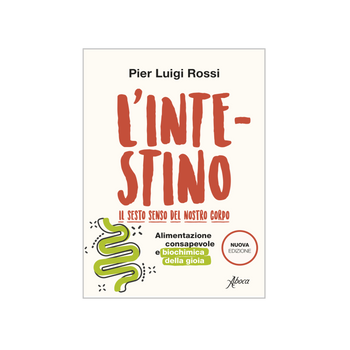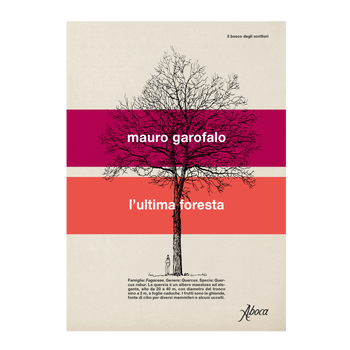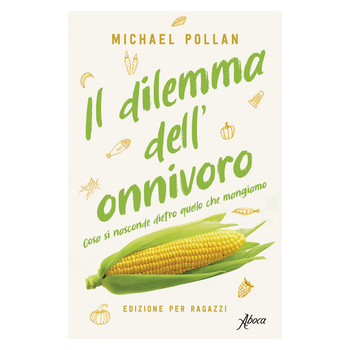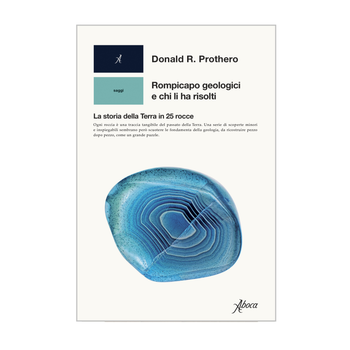You have no items in your shopping cart.
Inquinamento ambientale e salute Inquinamento ambientale e salute
Per una medicina responsabile Per una medicina responsabile
Edited by Agostino Di Ciaula, Vitalia Murgia, Maria Grazia Petronio Edited by Agostino Di Ciaula, Vitalia Murgia, Maria Grazia Petronio
€20,00
Availability:
In Stock
Sku: LIBINQUIAMB
ISBN/EAN: 9788855230032
In recent decades, numerous studies have been published demonstrating the very close correlation between health and the environment. It is therefore crucial that the environment be seen as a determining factor in everyone's health.
Pollution is now a ubiquitous and widespread phenomenon, and exposure to agents that persist in the environment, be they biological (such as genetically modified food and viruses), physical (such as ionising and non-ionising radiation), or chemical (heavy metals, pesticides, dioxins, etc.) which bio-accumulate in humans and cause alterations in gene expression, affects the entire human population, future generations and the entire ecosphere.
The WHO has recently estimated that one quarter of diseases and deaths should now be attributed to alterable, and therefore preventable, environmental factors.
There is a widespread but hazy awareness that environmental causes, such as the accumulation of pollutants in the air, water, soil and food, are determinants of health. There is also an awareness of new threats, such as the invasive and pervasive diffusion of electromagnetic fields. However, this is not enough.
The impact of the environment on health is becoming increasingly evident and is reflected in an epidemiological shift, with an increase in chronic and degenerative diseases leading to an increase in both biological and health costs, jeopardising the sustainability of the health system itself.
In this context, clinicians can play an active and central role, as they have the ability, duty and responsibility to act in the public interest, providing both communities and institutions with information on the risks associated with environmental changes and the benefits that would be gained from avoiding them.
Doctors must uphold the protection of individual and collective rights to health and a healthy environment, and in this context, the doctors of ISDE, the Association of Doctors for the Environment, believe that in order for a public health system to survive, there must be continuous dialogue between medical science and society.
Agostino Di Ciaula, doctor, specialist in internal Medicine. Chairman of the ISDE Scientific Committee - Italy.
Vitalia Murgia, medical specialist in Paediatrics. Centre of Studies for training and research in regional paediatrics (CESPER). Professor of the 2nd level Master's degree in Clinical Pharmacy, University of Milan-Cagliari-Granada. ISDE - Treviso, Italy.
Maria Grazia Petronio, medical specialist in Hygiene, Epidemiology and Public Health and in Nephrology, Environment and Health Coordinator for Tuscany’s local health authority. Adjunct Professor at the School of Specialisation in Hygiene and Preventive Medicine, University of Pisa. ISDE - Pisa, Italy.
In recent decades, numerous studies have been published demonstrating the very close correlation between health and the environment. It is therefore crucial that the environment be seen as a determining factor in everyone's health.
Pollution is now a ubiquitous and widespread phenomenon, and exposure to agents that persist in the environment, be they biological (such as genetically modified food and viruses), physical (such as ionising and non-ionising radiation), or chemical (heavy metals, pesticides, dioxins, etc.) which bio-accumulate in humans and cause alterations in gene expression, affects the entire human population, future generations and the entire ecosphere.
The WHO has recently estimated that one quarter of diseases and deaths should now be attributed to alterable, and therefore preventable, environmental factors.
There is a widespread but hazy awareness that environmental causes, such as the accumulation of pollutants in the air, water, soil and food, are determinants of health. There is also an awareness of new threats, such as the invasive and pervasive diffusion of electromagnetic fields. However, this is not enough.
The impact of the environment on health is becoming increasingly evident and is reflected in an epidemiological shift, with an increase in chronic and degenerative diseases leading to an increase in both biological and health costs, jeopardising the sustainability of the health system itself.
In this context, clinicians can play an active and central role, as they have the ability, duty and responsibility to act in the public interest, providing both communities and institutions with information on the risks associated with environmental changes and the benefits that would be gained from avoiding them.
Doctors must uphold the protection of individual and collective rights to health and a healthy environment, and in this context, the doctors of ISDE, the Association of Doctors for the Environment, believe that in order for a public health system to survive, there must be continuous dialogue between medical science and society.
Agostino Di Ciaula, doctor, specialist in internal Medicine. Chairman of the ISDE Scientific Committee - Italy.
Vitalia Murgia, medical specialist in Paediatrics. Centre of Studies for training and research in regional paediatrics (CESPER). Professor of the 2nd level Master's degree in Clinical Pharmacy, University of Milan-Cagliari-Granada. ISDE - Treviso, Italy.
Maria Grazia Petronio, medical specialist in Hygiene, Epidemiology and Public Health and in Nephrology, Environment and Health Coordinator for Tuscany’s local health authority. Adjunct Professor at the School of Specialisation in Hygiene and Preventive Medicine, University of Pisa. ISDE - Pisa, Italy.
Anno di pubblicazione: 2019
Formato: cm 16 x 23
Pag. 256
Anno di pubblicazione: 2019
Formato: cm 16 x 23
Pag. 256












